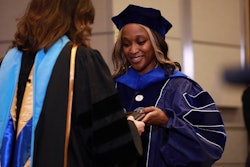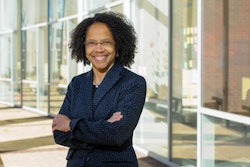Innovative, impactful ideas using today’s technology to meet today’s educational needs always need applauding.
One of the great needs of our time is for more of our students to enter the STEM (science, technology, engineering and mathematics) fields. An even greater need of our time is for more women to enter the STEM fields.
Beginning next month, college students will receive online mentorship from hundreds of prominent women working in the STEMs. WitsOn (Women in Technology Sharing Online) is a six-week pilot program sponsored by Harvey Mudd College and the Piazza college course discussion platform company to encourage female students to enter the STEM fields.
“I think of this as a MOOC — a massive open online course — and a big mentor-fest,” Harvey Mudd president Maria Klawe told The New York Times. “Getting more women into STEM is my passion in life, and every institution that’s set up mentorship programs for your women has been successful at increasing their numbers, so I think this can make a real difference.”
It can, and it will, and it is needed.
It was not long ago that Harvard President Lawrence H. Summers suggested that the underrepresentation of women scientists at elite institutions may stem in part from “innate” differences between women and men. Even though a tornado of ire swirled around this one person’s words in 2005, the fact of the matter is that many men (and women for that matter) almost certainly silently agreed with Summers’ comment. The fact of the matter is that we still live in a deeply sexist society with many people who believe the myth that women’s underrepresentation in the STEM fields stem from their inherent intellectual inferiority.
This is not a new idea. It is as old academe. French scientist Gustav Le Bon “found” a century ago that women’s brains were smaller in size, closer to gorillas. That explained, he said, their “fickleness, inconstancy, absence of thought and logic, and incapacity to reason.”




















